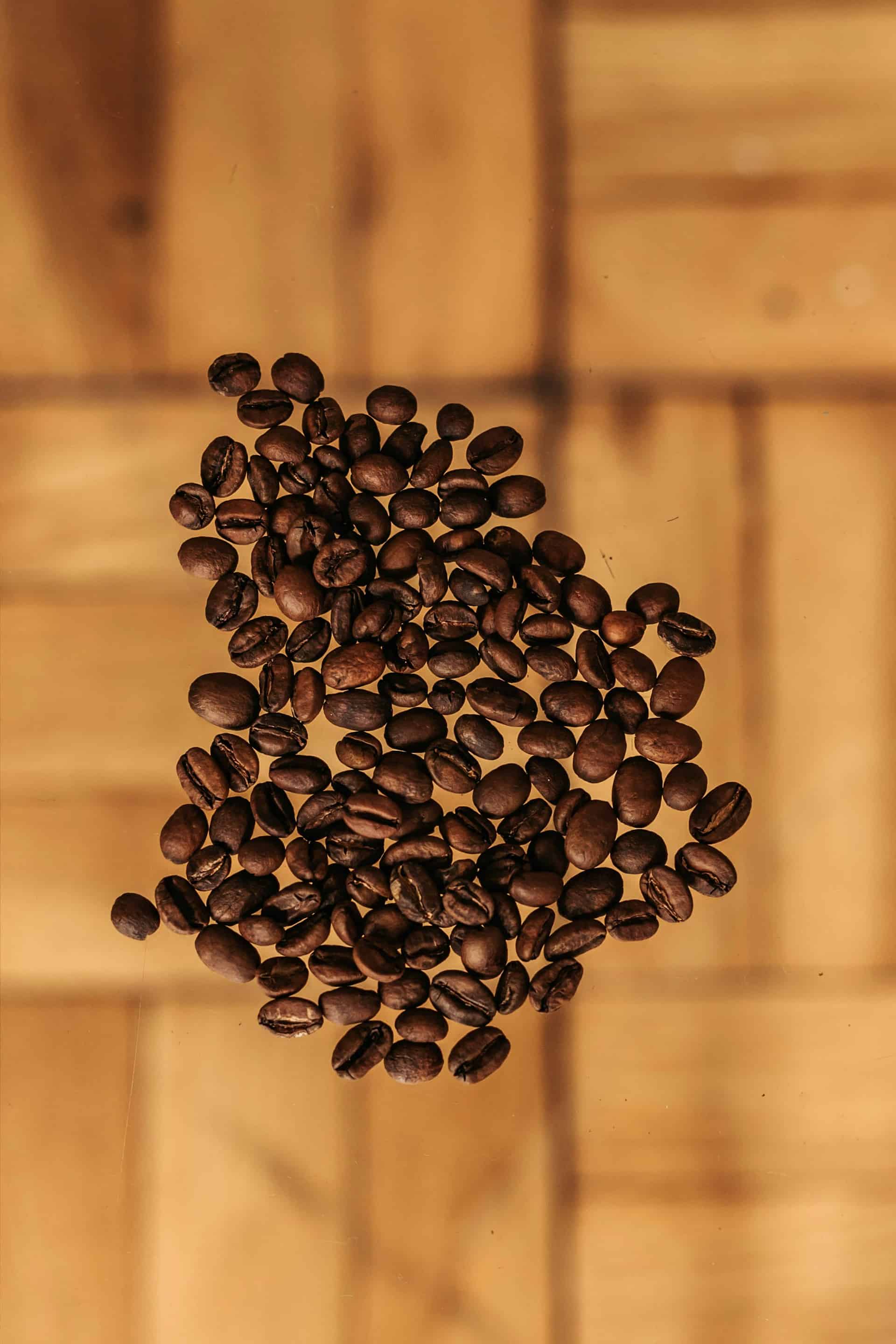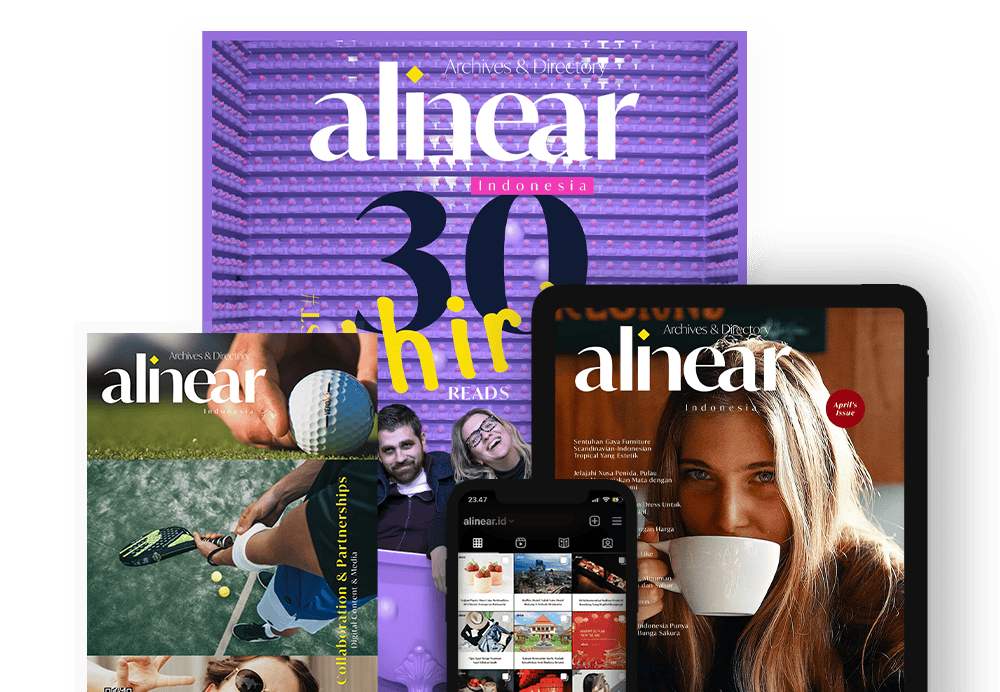
"Bad things will happen if you drink coffee on an empty stomach. Here are the dangers to your health... Read more!"
1. Increased stomach acid
On the one hand, stomach acid has an important role in supporting the smooth digestion of food, and this acid is produced when you eat, smell the aroma of food, or even when you think about food.
On the other hand, stomach acid is a strong corrosive liquid which, if left to pool in the stomach without any food to process, can damage the stomach lining after continuous exposure.
Coffee, even decaffeinated coffee (coffee with low caffeine levels), has been proven to stimulate acid production. Therefore, drinking coffee on an empty stomach will increase stomach acid which can cause heartburn and indigestion.
In general, drinking coffee can cause anxiety, stress, and even mood changes. In addition, the level of serotonin (a hormone that triggers feelings of calm and happiness) produced by the brain is low throughout the morning. When you drink coffee on an empty stomach in the morning, these negative effects are believed to worsen.
Caffeine can stimulate your nervous system, this means that if someone drinks too much coffee, it can speed up the heart rate and increase blood pressure. Thus, you feel anxious and stressed more easily.
In addition, caffeine can make you urinate frequently, potentially triggering symptoms of dehydration which can drain energy and cause headaches.

Photo by Nathan Dumlao on Unsplash
3. Suppresses the production of the hormone cortisol
Drinking coffee on an empty stomach in the morning can disrupt the production of cortisol, an important component of the circadian clock, the body's natural alarm that helps us wake up in the morning and makes us sleepy at night.
In the morning, the brain releases so much cortisol to wake you up. When you drink coffee immediately after waking up, this causes cortisol production to decrease and the body becomes more dependent on caffeine to keep you awake.
Over time, the body's dependence on caffeine causes the body to become immune to the effects of coffee.
So, for those of you who still want to get your daily dose of caffeine without having to deal with the bad effects, experts recommend drinking coffee after eating solid food. Drink a cup of warm water first when you wake up, then eat breakfast, and then you can sip the coffee you like.
If you are someone who can't eat breakfast, try adding milk or a spoonful of butter to your coffee to help your body get vitamins and other nutrients, thereby reducing the bad effects of caffeine.














